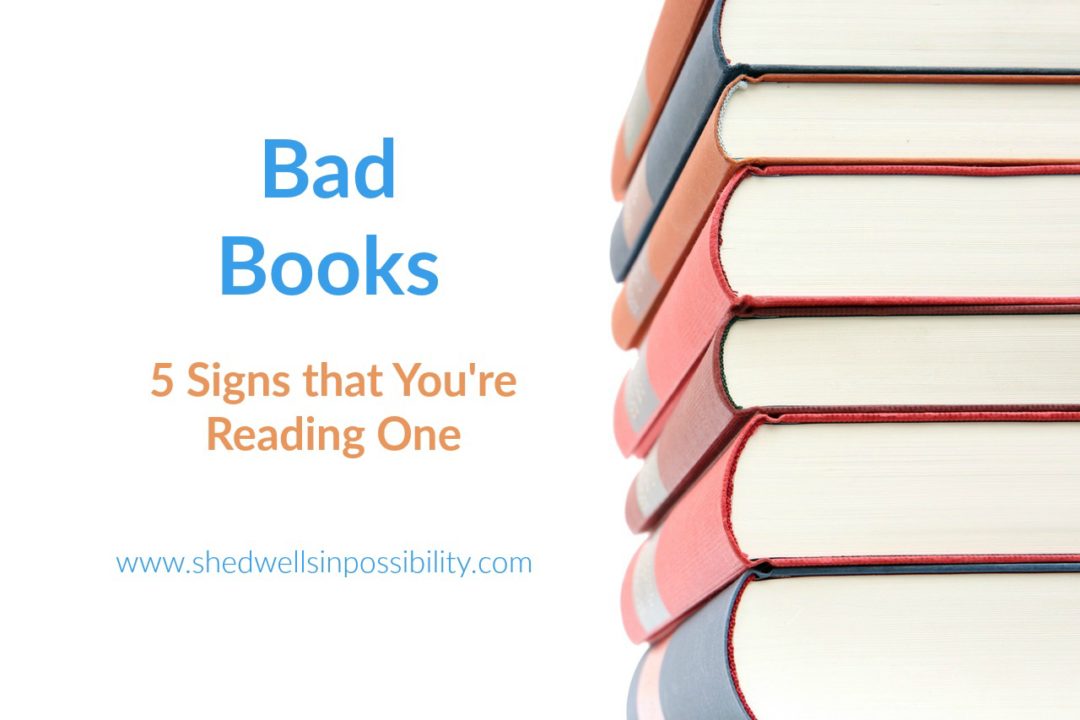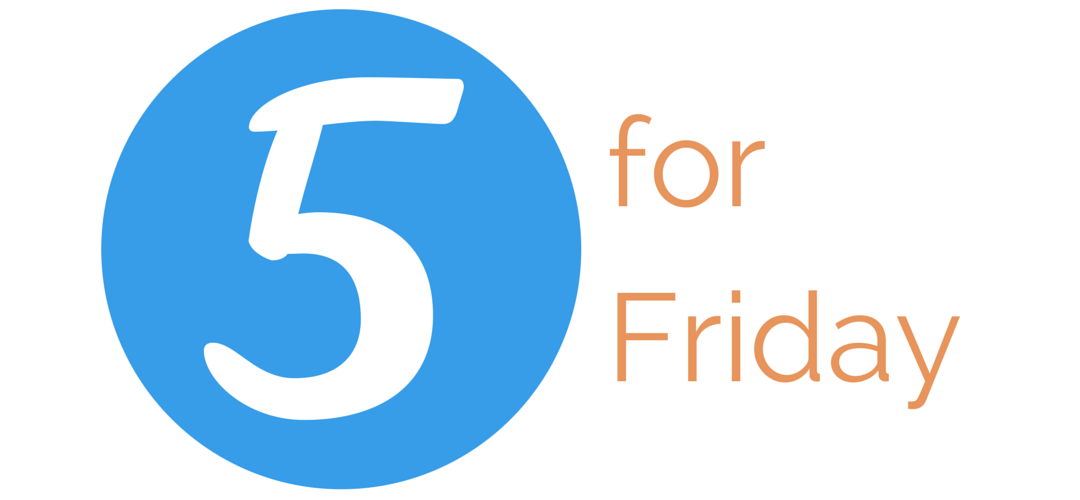It’s probably no surprise to anyone that I love to read–no one becomes an English professor unless that’s true. Books were my first love. When I was in grade school, the Scholastic Book Fair was the thing I looked forward to more than any other event. During the summer, the arrival of the Bookmobile in our neighborhood was the only thing that made the long weeks bearable.
What does surprise people is that I read pretty widely. I like a lot of what’s typically referred to as Literature, but I also like a good mystery, some popular fiction, non-fiction (especially memoir), even a little bit of science fiction or fantasy. Fahrenheit 451, a book my son recommended to me after he read it for school, was a great pleasure to read. Much earlier in my life, a boyfriend introduced me to Samuel R. Delany’s novels. I loved both Empire Star and The Jewels of Aptor. That was a good lesson never to say “I don’t like that kind of book.”
As it happens, the only kind of book I don’t like is a Bad Book. Today’s Five for Friday is devoted to the five signs that you’re reading one. In no particular order:
Unbelievable Dialogue = Bad Dialogue
If there’s one thing I absolutely cannot abide, it’s dialogue that reminds me I’m reading a book. I want to fall into the fictional world completely and forget that it isn’t the real world. But anytime a character says something a real person wouldn’t say–in a way that it would never be said–you’re reading bad dialogue in a Bad Book.
If you’re in an alternative world, obviously the characters will be talking about creatures and places that don’t exist. This isn’t what I’m referring to. If the dialogue makes sense within the universe of the book, then it’s fine. But if it’s a novel set in the world that I’m part of, and that novel features two longtime friends having a huge argument, and during that argument one person yells “Say, Marion, that’s unfair! You take that back!”, I am not going to keep reading. No one in the history of people has ever said that in a heated moment.
Slow Pacing = Bad Pacing
I used to feel so sorry for my kids when they had to read Steinbeck novels for their summer reading projects. I realize Mr. Steinbeck has his fans–and if you’re among them, my intention is not to insult you–but I find his work so. incredibly. dull. Mostly, this has to do with the long passages in which he described the scenery or history of a place. Why, John, why?
Anything that slows down the reading experience can be dangerous. Details always run that risk. Do I really need to know that a character has “eyes the color of the Caribbean sea on a cloudy day in June”? If so, okay. I’ll figure out why that’s important. If not–well, only Bad Books include irrelevant detail. And lots of it.
Predictable Plot = Bad Plot
One of the first things I tell the students in my fiction writing workshops is this: the highest compliment I can give a piece of fiction is “I’d never read this story before.” That doesn’t mean you have to write another Harry Potter series; it just means putting together the pieces of a story in a fresh and original way.
If I can tell what’s going to happen next, there’s no reason for me to finish reading a book. If I’m pretty sure, but not absolutely sure, I’ll keep reading to find out whether I’m right. Probably. But if a story really surprises me–if I keep asking questions like “What is she going to do now? How can she possibly make this work out?”–that’s the best reading experience of all. Bad Books require nothing of the reader, so they get nothing from me. Not even my attention.
Cliche Characters = Bad Characters
Let’s say you’re reading a book that features a group of four women. Can you tell me who those women are, generally speaking? In a Bad Book, one’s a daredevil who doesn’t care what other people think about her (though it will be revealed that she cares a lot more than people think.) One’s a straight-laced teetotaler who always plays by the rules (except for that one time, which will be revealed at some point, which is what set her on the straight and narrow.) Another is a serial trophy wife stalking her sixth husband (but she really misses her first husband, the love of her life, the one who left a hole in her heart that can’t be filled.) And one’s an all-around good person: a devoted wife and mom, a responsible employee. She’s likely our point of view character.
I do not want to read this book. I already know everything I need to about these people. The characters in a good book are complex and surprising. They defy categorization and do things that don’t make logical (or psychological) sense, just like real people do. They keep us guessing.
Cliche Writing = Bad Writing
Here I’m referring to everything aside from dialogue, and I’m making that separation because not every book includes it. Non-fiction, for instance, is somewhat less likely to incorporate people speaking to each other, depending on whether it’s memoir or another genre.
In my own writing classes, I describe cliches as “slick spots” in the text–they’re something the reader has seen before, dozens of times, so they slide right over that passage. The problem, of course, is that the reader might keep on going and slide right out of the book altogether. Cliches give us the opportunity to disengage. They demonstrate that the author hasn’t taken care with the writing process, and if the author can’t be bothered to come up with something original, then I won’t bother to read the book.
Obviously, specific genres have conventions: in a romance novel, the heroine needs to get the man. In a mystery, someone needs to solve the puzzle. The fact that I know these things will happen doesn’t automatically make for a Bad Book. If I’m still guessing what the guy will do to redeem himself, or how exactly the puzzle will be solved, then the author is doing the job of keeping me engaged. Bad Books not only make all the predictable moves, but make them in the most predictable (and unbelievable) ways.





3 Comments
The editor in me absolutely adores this post!
I also hate the books that are riddled with grammatical mistakes. But then that’s probably just a bad EDITOR! 🙂
Really appreciate this post! This may help steer me from those BAD ones out there! Thanks, Pam!